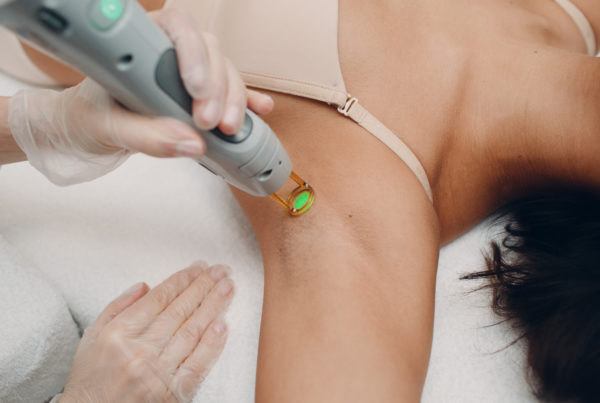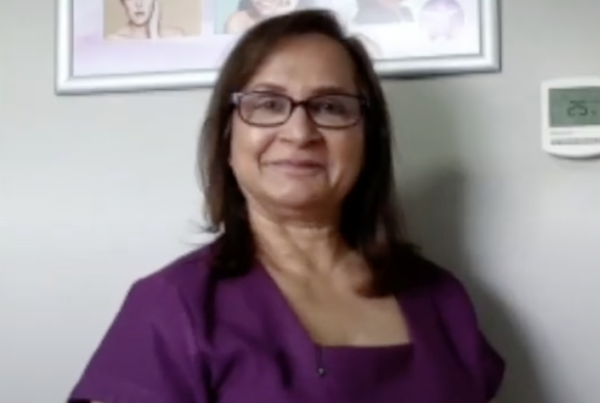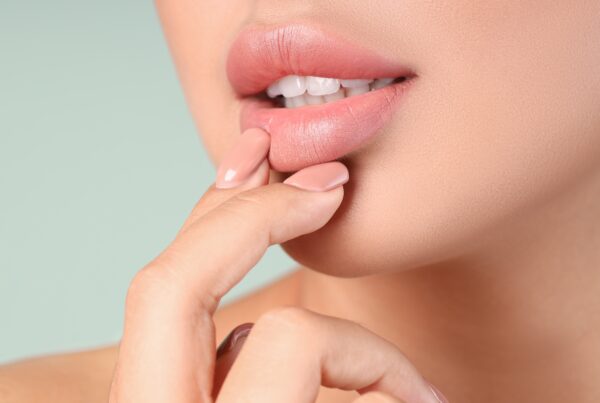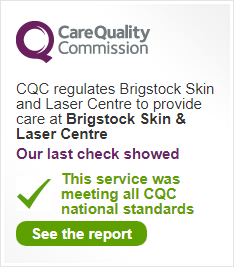Why do adults get acne, and how can you get rid of it?
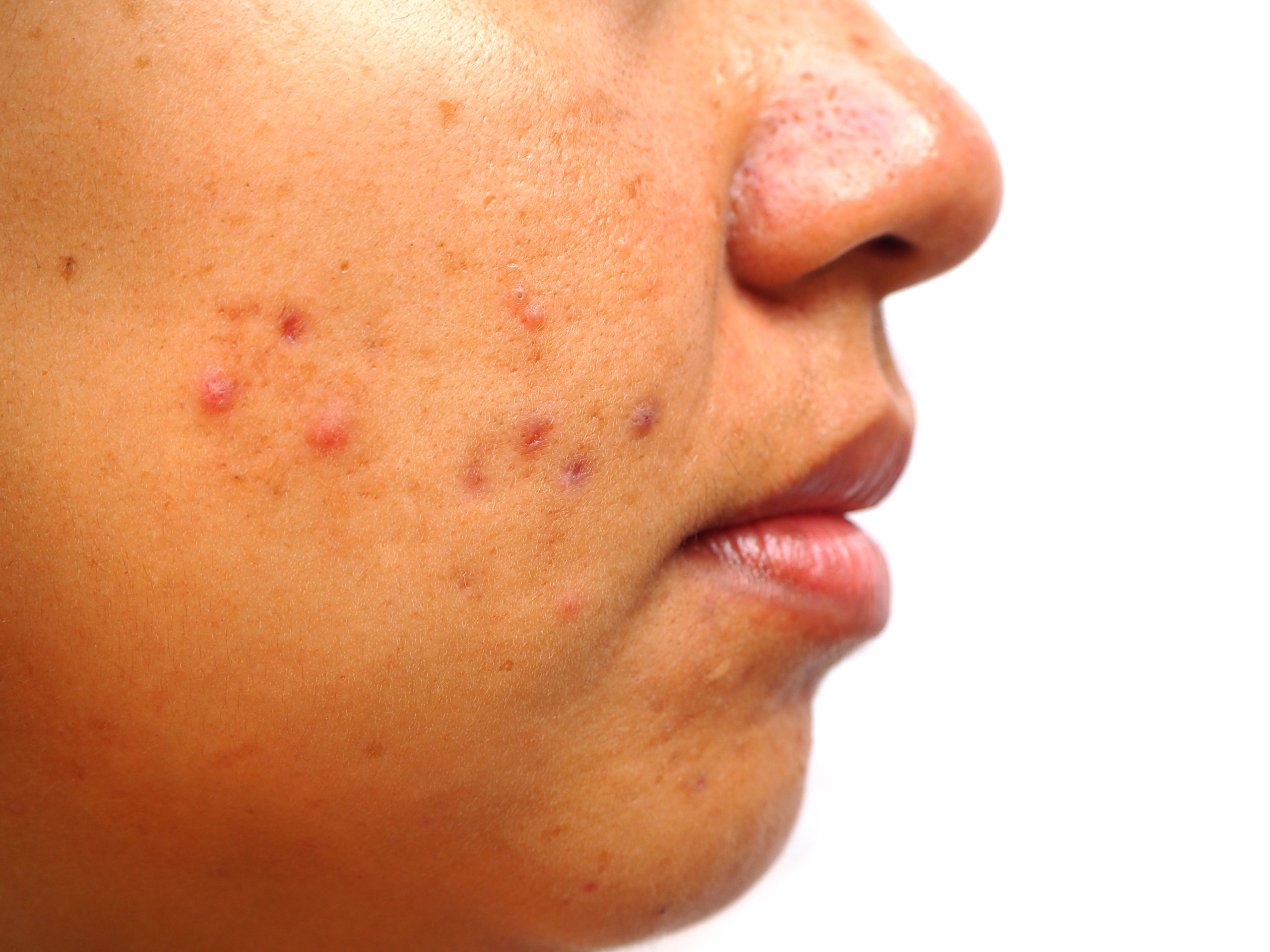
Acne is the eighth most common skin disease worldwide. It’s usually associated with teenage years – so how unfair is it when you get acne as an adult? You can in fact get acne throughout your 30s, 40s and 50s – and for some unlucky folk, for the first time. This is called ‘adult-onset acne’.
The good news is that just like teenage acne, adult acne can be treated very effectively.
Different types of acne
Types of acne include acne rosacea, acne cosmetica and acne vulgaris. In addition, acne spots can present in different ways, as blackheads, whiteheads, pustules and cysts. Because of these different presentations, it is important to ensure your acne treatment plans are bespoke and devised by knowledgeable and experienced clinicians.
What causes acne?
Adult acne is basically caused by the same things as teenage acne: excess skin oil and bacteria. Bacterial acne is caused by Propionibacterium acnes (P. acnes). This bacteria is perfectly natural and lives on the skin. Not all acne bacteria causes spots! A spot forms when follicles get blocked. These follicles connect pores with oil glands under our skin. When they get blocked, the oil builds up; skin cells, sebum and hair clump together and create a plug which can get infected.
Any changes in hormones, including those brought on by pregnancy and menstruation, can trigger excess oil. For women, these hormonal fluctuations can happen at any time right through to menopause! Hormonal acne isn’t a recognised medical term – but try telling that to every woman who gets spots around just before a period. It’s thought that hormonal activity leads to rising androgen levels cause the oil glands to enlarge and produce extra sebum which breaks down the pore walls and encourages bacteria to grow.
Is acne hereditary?
It can be. Acne tends to run in families, so if either of your parents had acne as adults, unfortunately you may also get the same condition.
Can make up cause acne?
Make-up and other skin products such as sunscreen can exacerbate acne, by clogging pores. There are many products available to try, so look for something that promises to be gentle to your skin, and is light, mattifying or gel-based in texture as opposed to creamy, thick make-up. Only use squeaky clean makeup brushes and sponges to avoid transferring bacteria to your skin.
Do I need to avoid certain foods?
Despite common thinking there’s no science behind the idea that eating chocolate, sugar or greasy foods causes acne. While that might sound like good news, everyone is different and if you seem to get a breakout every time you eat a chocolate bar, it may be best to avoid it! Of course, it’s better all round to stick to a healthy diet, particularly as you get older.
Will my acne go away of its own accord?
As you get older, your acne may simply disappear. Adult acne after your mid-40s is uncommon, and after the menopause pretty rare. However, if you have acne you won’t want to wait until then! While over the counter products may help, for some acne sufferers the best solution is prescribed treatment. Your GP may prescribe antibiotic tablets or topical treatment, or the combined oral contraceptive pill. You can also use specially formulated skincare systems which also have to be prescribed.
Which products will help?
One skincare system that has seen high rates of success is Obagi CLENZIderm, a complete 3-step system formulated for normal to oily skin that treats acne where it starts. It includes clinically proven benzoyl peroxide and salicylic acid to help control acne for a clearer, healthier-looking complexion.
Obagi CLENZIderm is only available with a prescription so you will need to attend a clinic. Most clinics will provide a free initial consultation so you can discuss your particular acne concerns. There are other options available such as light therapy so this gives you the opportunity to decide which treatment will be best for you.
The Obagi CLENZIderm M.D System Starter Set usually costs around £160 (correct as at October 2022)
Which clinic should I choose?
Ideally your clinic should have an experienced team of dermatology clinicians so you know you will be getting excellent clinical advice. So when choosing a clinic, check that the team has this expertise. Also take a look at client reviews and results guarantees. Does the clinic provide free, ongoing support for prescribed skincare systems?
Brigstock Skin & Laser Clinic, for example, has an experienced dermatology team led by Dr Vajpeyi who also heads up a number of award-winning NHS dermatology services across the South East of England. This clinical expertise ensures you excellent clinical advice which has helped build our reputation for outstanding results. Please also click here to check out the clinic’s reviews and testimonials which include many five star examples from clients who have achieved outstanding results at the clinic.
At Brigstock Skin & Laser clinic we agree – adult acne isn’t fair! But it doesn’t have to make your life a misery.
To book your FREE initial consultation call NOW on o20 8683 6730 or click here.

